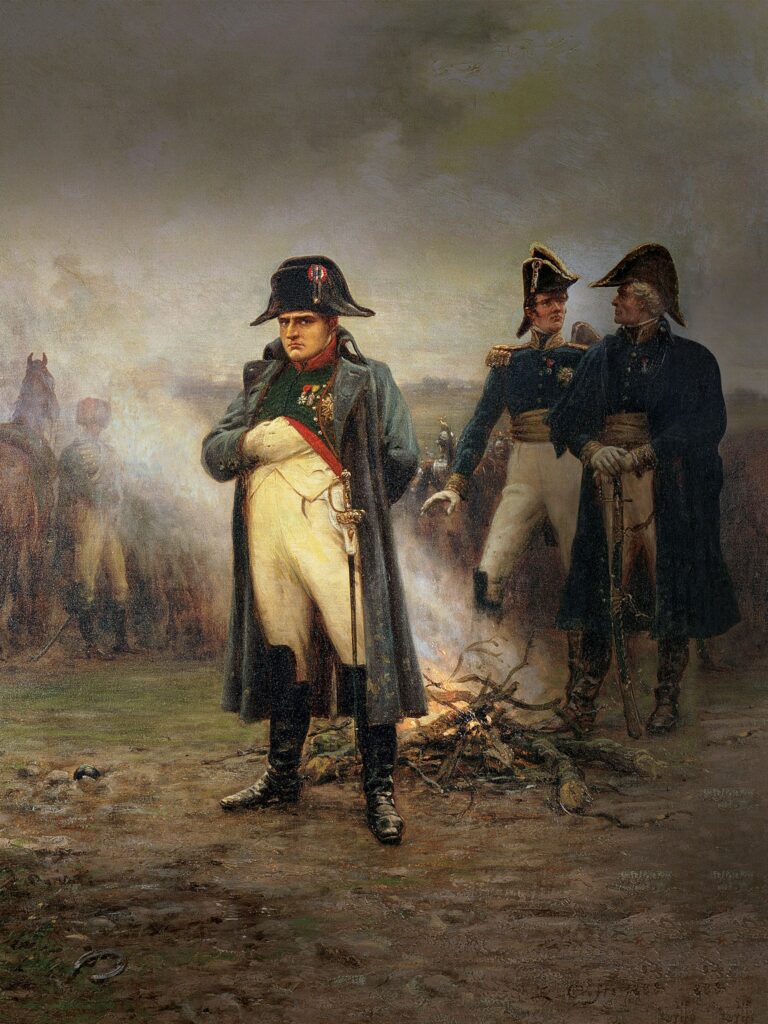Napoleon Bonaparte’s military genius is a topic that continues to captivate historians and military leaders alike. Born in Corsica in 1769, Napoleon rose through the ranks of the French army during the French Revolution, ultimately seizing power and establishing himself as a dominant force in Europe. His innovative tactics and strategic brilliance, including his mastery of maneuver warfare and combined arms tactics, led to a series of stunning victories that reshaped the map of Europe. Napoleon’s military legacy is still felt today, as his emphasis on speed, surprise, and decisive action continues to influence modern military strategy. His legacy serves as a model of excellence for future generations to study and learn from.
Napoleon’s Military Genius: The Legacy of his Strategic Brilliance
Napoleon Bonaparte is widely regarded as one of the greatest military leaders in history. His strategic brilliance, innovative tactics, and ability to inspire loyalty in his troops enabled him to achieve a series of stunning victories that reshaped the map of Europe and established his empire as a dominant force on the continent. Napoleon’s military genius has left a lasting legacy that continues to be studied and admired by historians and military leaders around the world.
Early Life and Military Career
Napoleon was born in Corsica in 1769 and received a military education at the Ecole Militaire in Paris. He rose through the ranks of the French army during the tumultuous years of the French Revolution, displaying a keen strategic mind and a talent for leadership on the battlefield. By 1799, he had established himself as a prominent figure in French politics and military affairs, ultimately seizing power in a coup that made him First Consul of France.
The Art of War
Napoleon’s military genius was rooted in his understanding of the principles of war and his ability to apply them effectively on the battlefield. He was a master of maneuver warfare, using speed and surprise to outflank and outmaneuver his adversaries. His use of combined arms tactics, integrating infantry, cavalry, and artillery in coordinated attacks, was revolutionary for its time and helped him to achieve decisive victories against numerically superior foes.
The Campaigns
Napoleon’s military campaigns are the stuff of legend. From his early victories in Italy and Egypt to his conquest of Europe in the early 19th century, he consistently outwitted and outmaneuvered his enemies, winning battles against seemingly insurmountable odds. The campaigns of Austerlitz, Jena, and Wagram are just a few examples of his strategic brilliance, where he orchestrated complex military operations that resulted in crushing defeats for his foes.
The Legacy
Napoleon’s military legacy is still felt today. His innovative tactics and strategic vision have influenced generations of military leaders, from his own Marshals to modern-day commanders. His emphasis on speed, surprise, and decisive action continues to be a cornerstone of military strategy, and his use of combined arms tactics has become standard practice in modern warfare. Napoleon’s legacy is not only in his victories on the battlefield but also in the lessons he left behind for future generations to study and learn from.
In conclusion, Napoleon Bonaparte’s military genius is a testament to his strategic brilliance and leadership. His ability to outthink and outmaneuver his enemies on the battlefield earned him a place in history as one of the greatest military leaders of all time. His legacy continues to be studied and admired by historians and military leaders alike, serving as a model of excellence for generations to come.
